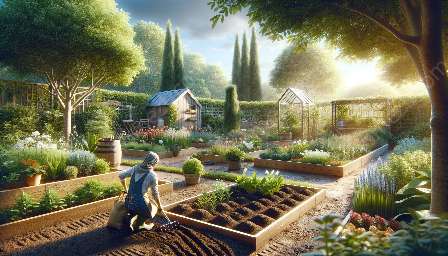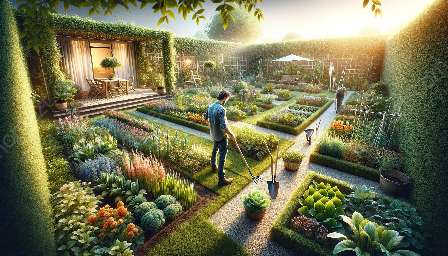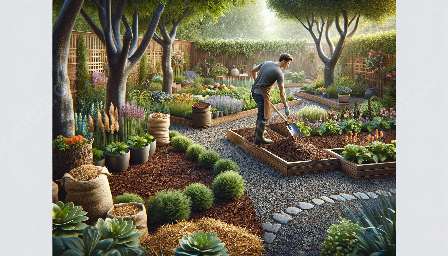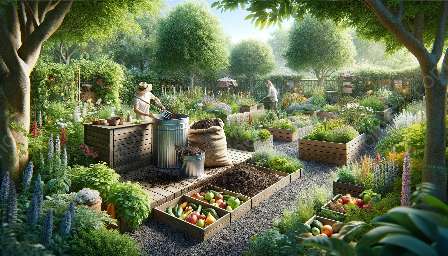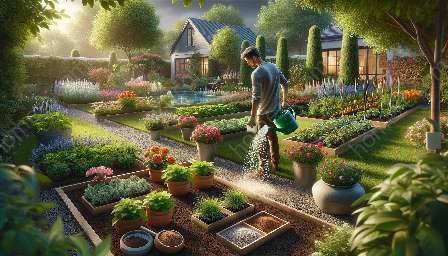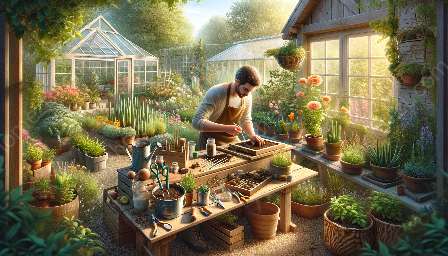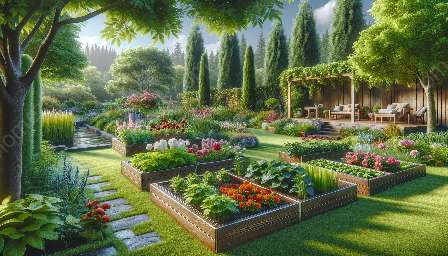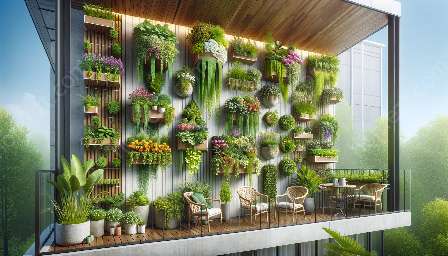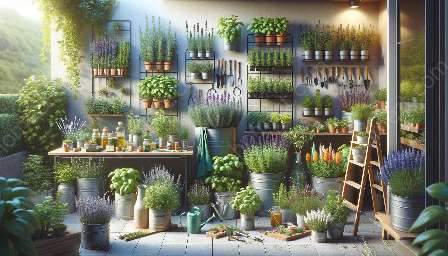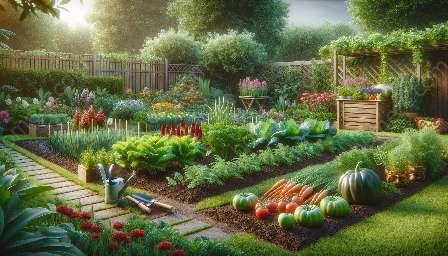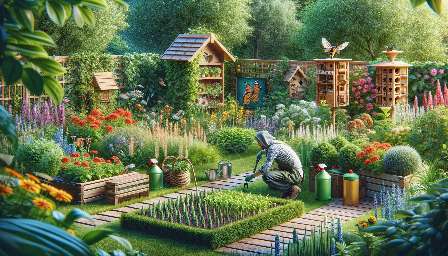Watering is a crucial aspect of gardening and landscaping, as it directly impacts the health and growth of plants. By understanding the best watering practices, gardeners and landscapers can ensure that their plants thrive and their landscapes flourish.
Gardening Basics: Understanding the Importance of Watering
Water is essential for the survival of all living organisms, and plants are no exception. In gardening, proper watering is necessary to maintain the health and vitality of plants. The lack of water can lead to dehydration and wilting, while overwatering can cause root rot and other water-related issues. Understanding the specific watering needs of different plants is critical to their overall well-being.
When establishing a garden, it's important to consider the water requirements of the chosen plants. Some plants are more drought-resistant and require less frequent watering, while others, such as tropical plants, may need more consistent moisture. By taking into account the water needs of individual plants, gardeners can create a watering schedule that promotes optimal growth and development.
Best Watering Practices for Gardening
There are several best watering practices that gardeners can implement to ensure healthy plant growth:
- Watering at the Right Time: It's best to water plants early in the morning or late in the afternoon to reduce evaporation and allow the water to penetrate the soil effectively.
- Deep Watering: Giving plants a thorough, deep watering promotes deep root growth and helps plants become more drought-resistant.
- Watering at the Base: Directing water at the base of the plant, rather than overhead, helps reduce the risk of disease and fungal infections.
- Consistent Monitoring: Regularly checking the moisture levels in the soil and adjusting the watering schedule according to environmental conditions and plant needs is essential for successful gardening.
Gardening & Landscaping: Watering for Beautiful Outdoor Spaces
In landscaping, watering practices play a vital role in creating and maintaining beautiful outdoor spaces. Whether it's a lush garden, a vibrant lawn, or decorative plantings, the proper watering techniques are essential for sustainable and visually appealing landscapes.
Efficient Watering Strategies for Landscaping
Landscapers can utilize the following efficient watering strategies to enhance the beauty and health of outdoor spaces:
- Smart Irrigation Systems: Installing drip irrigation or smart sprinkler systems with programmable timers can ensure that plants receive the right amount of water without wastage.
- Xeriscaping Techniques: Incorporating drought-tolerant plants and xeriscaping principles can reduce water consumption in landscaping, while still achieving stunning aesthetic results.
- Proper Drainage Design: Ensuring adequate drainage in landscapes prevents waterlogging and allows for the efficient use of water resources.
- Mulching: Applying mulch around plants helps retain soil moisture and moderates temperature, reducing the frequency of watering.
Conclusion
Understanding the importance of watering practices in gardening and landscaping is fundamental for anyone passionate about creating stunning and sustainable outdoor environments. By implementing the best watering practices, gardeners and landscapers can contribute to the health of plants, conserve water, and transform their outdoor spaces into breathtaking natural retreats.

